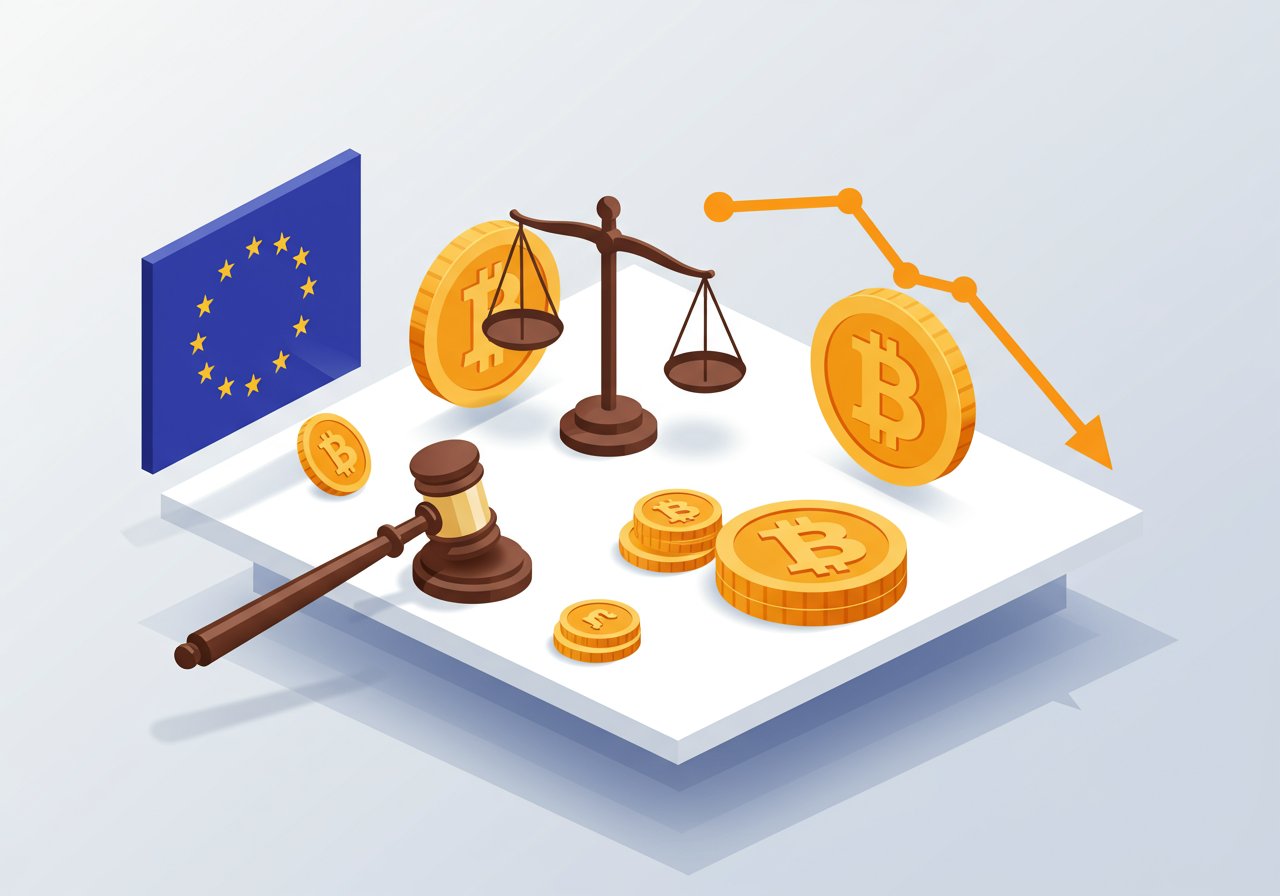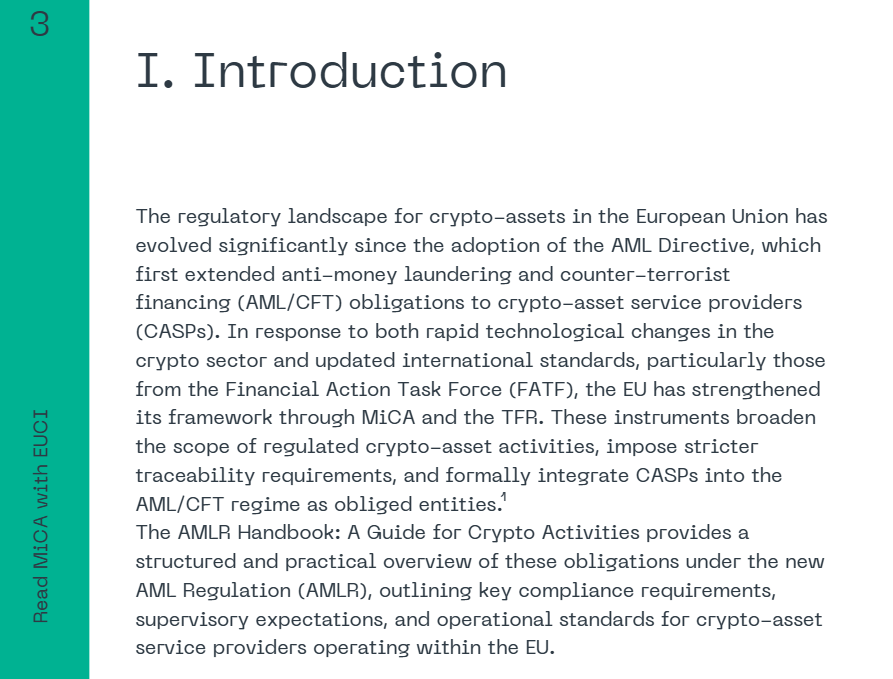
EU to Crack Down on Anonymous Crypto
The European Union is set to make waves in the crypto space with its upcoming Anti-Money Laundering (AML) regulations, slated to take effect in 2027. These regulations aim to crack down on anonymous cryptocurrency transactions and privacy-enhancing tokens, ushering in an era of increased transparency for the crypto industry within the EU.
The new Anti-Money Laundering Regulation (AMLR) will impose strict rules on credit institutions, financial institutions, and crypto asset service providers (CASPs), effectively prohibiting them from facilitating anonymous accounts or handling privacy-preserving cryptocurrencies. This stance, outlined in the AML Handbook published by the European Crypto Initiative (EUCI), signifies a clear shift towards greater regulatory oversight of the crypto ecosystem.

The Implications of the AMLR
The impact of this regulation will extend beyond simply preventing anonymous transactions. Here’s a breakdown of its potential consequences:
- Increased Transparency: The AMLR’s requirement for traceable transactions will make it significantly harder for illicit activities to flourish within the crypto space in the EU. This move is likely to deter individuals and entities seeking to exploit anonymity for illegal purposes.
- Impact on Privacy Coins: Privacy-enhancing tokens, often used for maintaining user anonymity, will face a direct blow under these regulations. This could lead to the decline of these tokens within the EU or force them to adopt compliance measures to remain accessible.
- Regulatory Landscape Shift: The AMLR further reinforces the EU’s growing commitment to regulating the crypto industry. This move is a significant step towards achieving greater control over the sector, alongside other recent regulations like the Markets in Crypto-Assets Regulation (MiCA).
The Future of Crypto in the EU
The European Union’s decision to ban anonymous crypto and privacy-enhancing tokens marks a significant shift in the regulatory landscape. This move is expected to reshape the crypto landscape within the EU, potentially leading to increased transparency and compliance among crypto businesses. While some may view this as a move against individual privacy, others see it as a necessary step towards protecting financial systems and combating illicit activities.
The AMLR’s full implementation is still under development, with some details remaining to be finalized. However, the core framework is firmly established. As the EU continues to refine its regulatory approach, the crypto community within the region will need to adapt and comply with these new rules. This will undoubtedly lead to changes in the way crypto projects operate within the EU, with implications for both centralized and decentralized projects alike.


